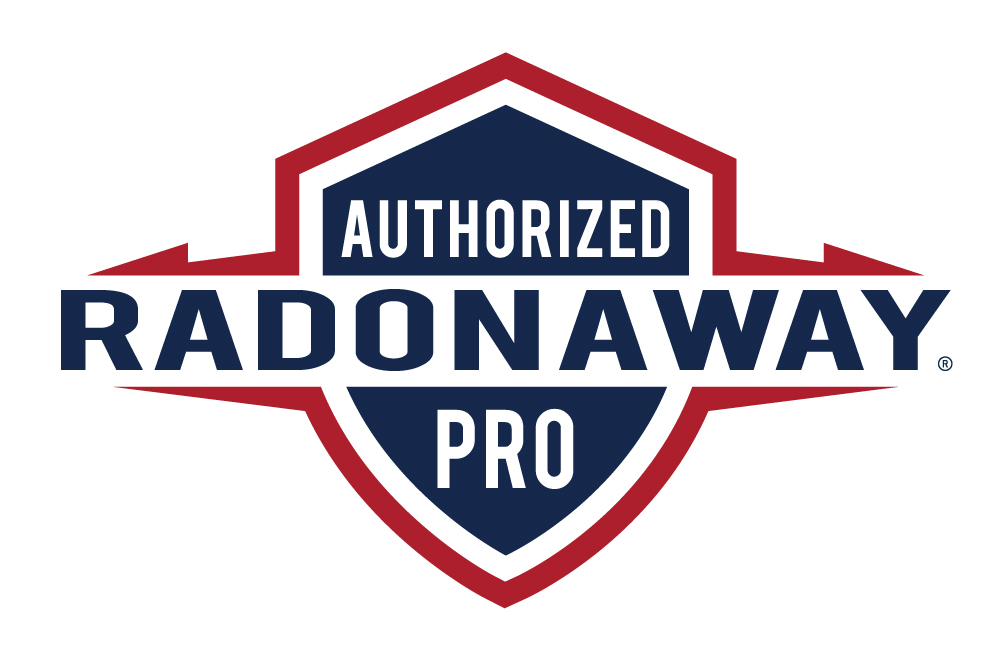Find a Professional Radon Contractor in Massachusetts
Massachusetts is filled with historical landmarks, breathtaking views and tight-knit communities. While Massachusetts has a lot to offer, radon is still an issue in many homes and must be mitigated once high levels are detected. If radon levels over 4pCi/L are found and not mitigated, you are increasing your likelihood of falling ill and developing lung cancer. According to Mass.gov, roughly 650,000 homes have radon levels over 4pCi/L. An additional 34,000 homes in MA have radon levels exceeding 20pCi/L. While living, or working in areas with this amount of radon can lead to lung cancer, smokes are at a much greater risk of developing this disease. Currently, Massachusetts doesn’t have regulations in place to protect homeowners from radon.
Hire a Radon Contractor for Your Massachusetts Home
 Since radon is the second leading cause of lung cancer and the leading cause in nonsmokers, it’s crucial to purchase a radon testing kit or hire a professional to test and, if needed, mitigate radon. Even if there is no indication of radon poisoning, it’s best to test for radon before it is too late.
Since radon is the second leading cause of lung cancer and the leading cause in nonsmokers, it’s crucial to purchase a radon testing kit or hire a professional to test and, if needed, mitigate radon. Even if there is no indication of radon poisoning, it’s best to test for radon before it is too late.
RadonAway works with the most talented and dedicated radon mitigation professionals in Massachusetts. Each radon professional is licensed, insured and up-to-date on the latest radon mitigation techniques. Whether you have radon in water or radon in air, our contractors are at the ready to promptly provide radon mitigation services.
The Importance of Radon Mitigation in Massachusetts
Once you’ve discovered radon levels over 4pCi/L, it’s time to invest in radon mitigation. Given the dangers of radon and the health risk it poses, it is always best to hire a trained, certified radon mitigator to install a system in your home. If you try to tackle radon mitigation yourself, there is a possibility of actually unknowingly raising the levels. A qualified radon contractor in Massachusetts will perform diagnostics to design a radon system that will work best for your home.
What Exactly is Radon & How Do I Test for it?
Radon develops from a breakdown of radium and uranium in soil and rock. Since radon is a gas, it easily seeps from the ground into homes through the foundation. Even new homes in Massachusetts can have elevated levels of radon and homes that use well water are also prone to radon gas exposure. The highest radon levels in Massachusetts are in Essex (1 in 3 homes), Middlesex (1 in 3+ homes) and Worcester Counties (more than 1 in 3); overall, 1 of every 4 homes in Massachusetts has high radon levels. If you are inhaling substantially high levels of radon for an extended period, you may experience the following:
- Heavy coughing
- Wheezing & hoarseness
- Respiratory infections
- Difficulty breathing
- Significant chest pains




Validate your login